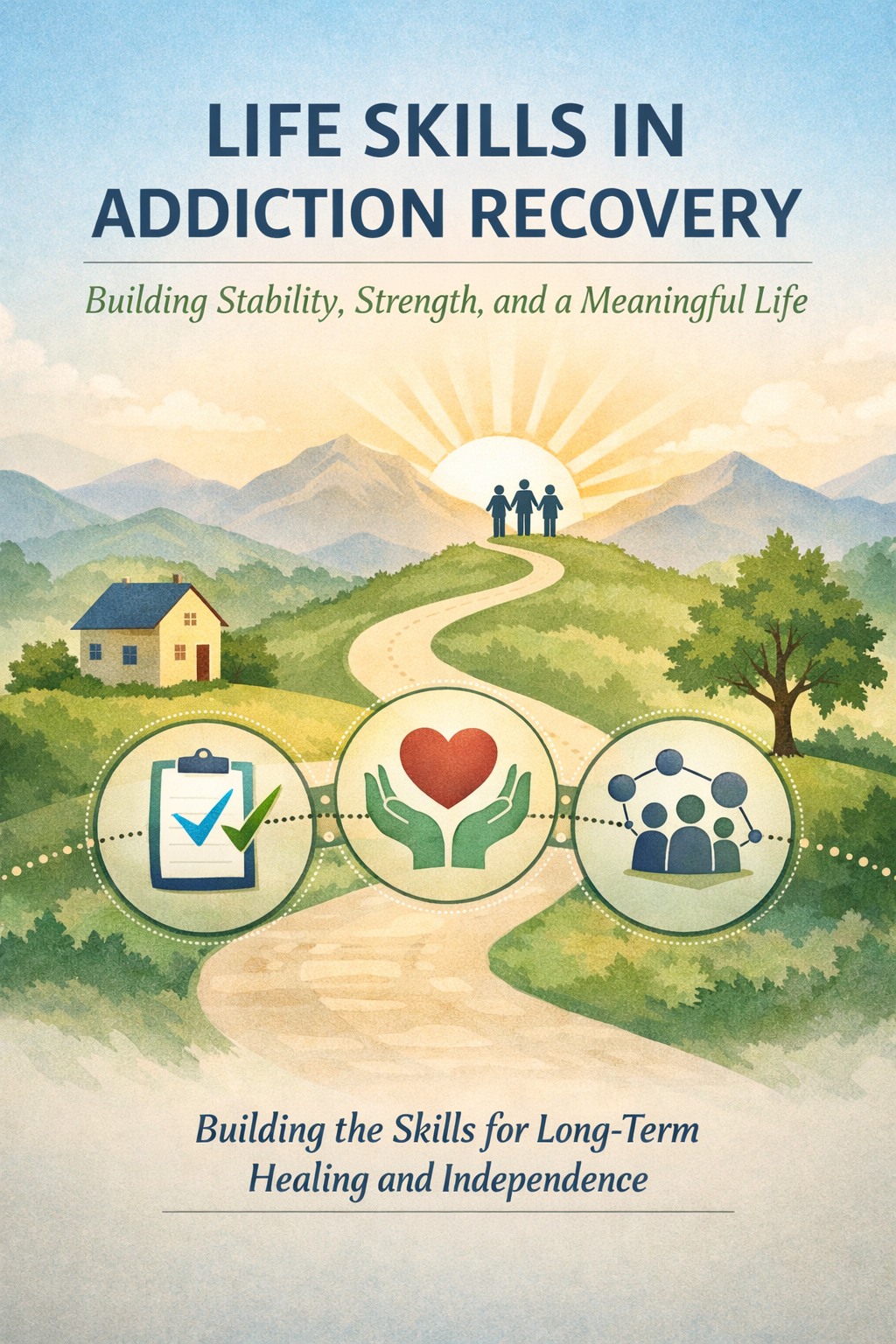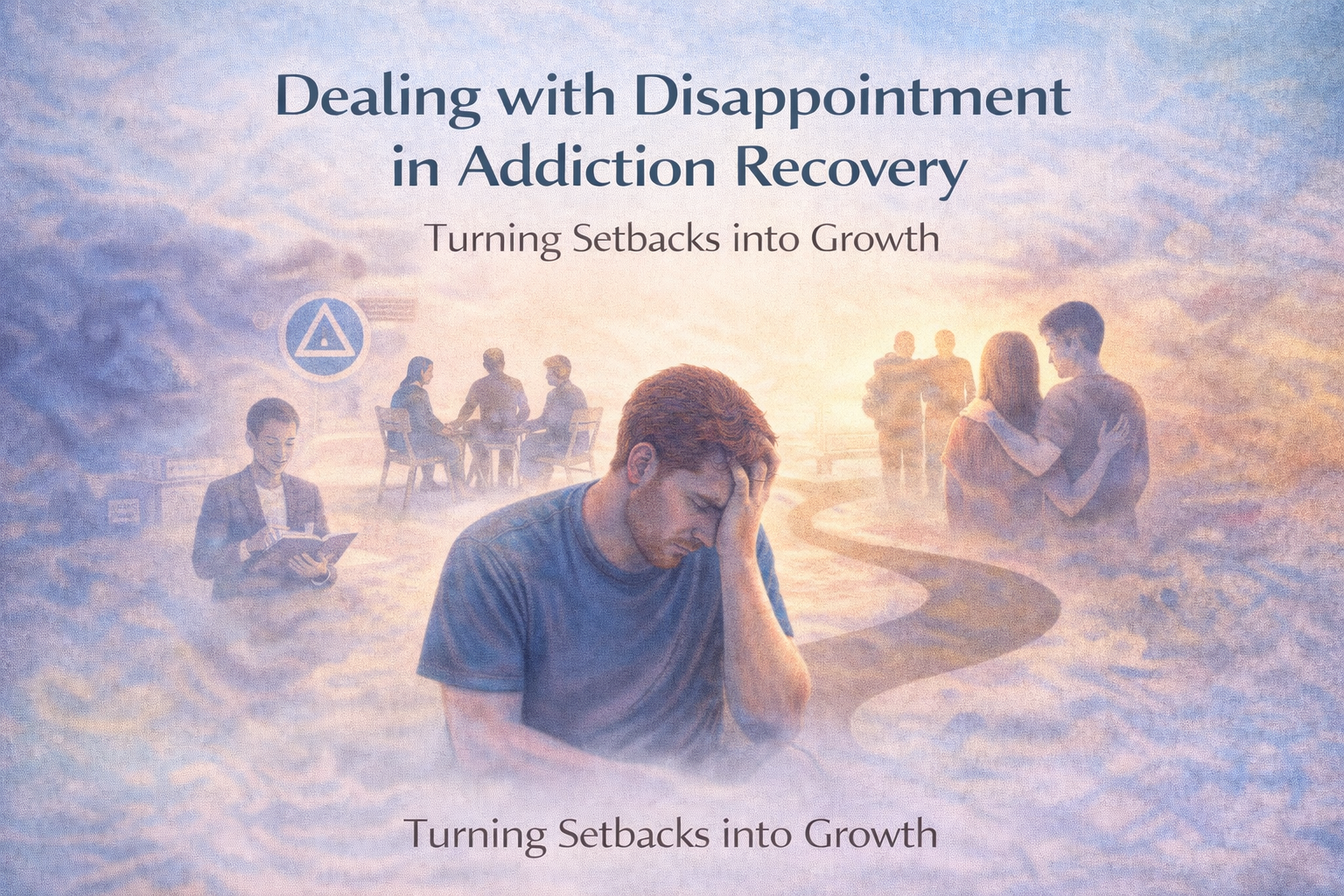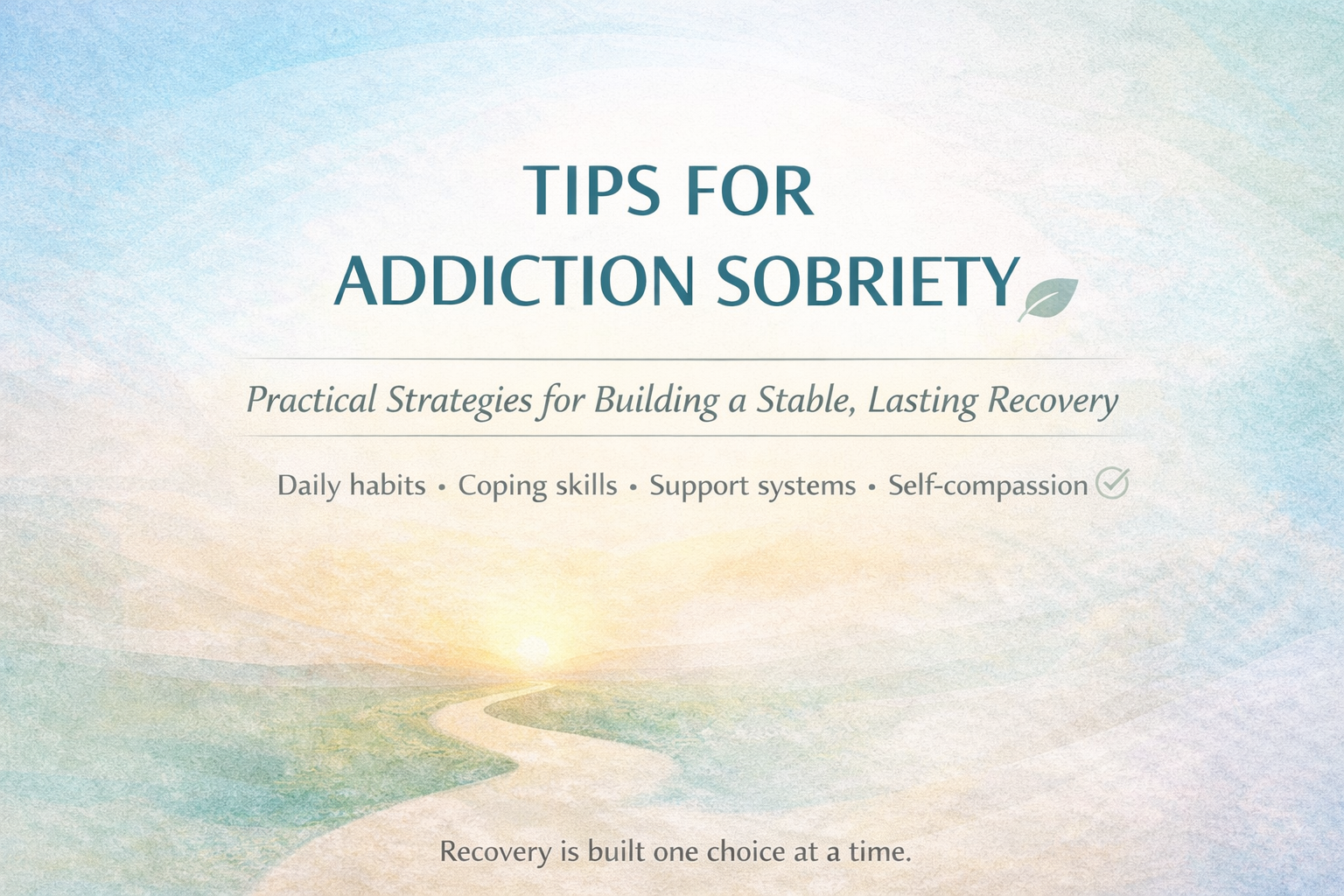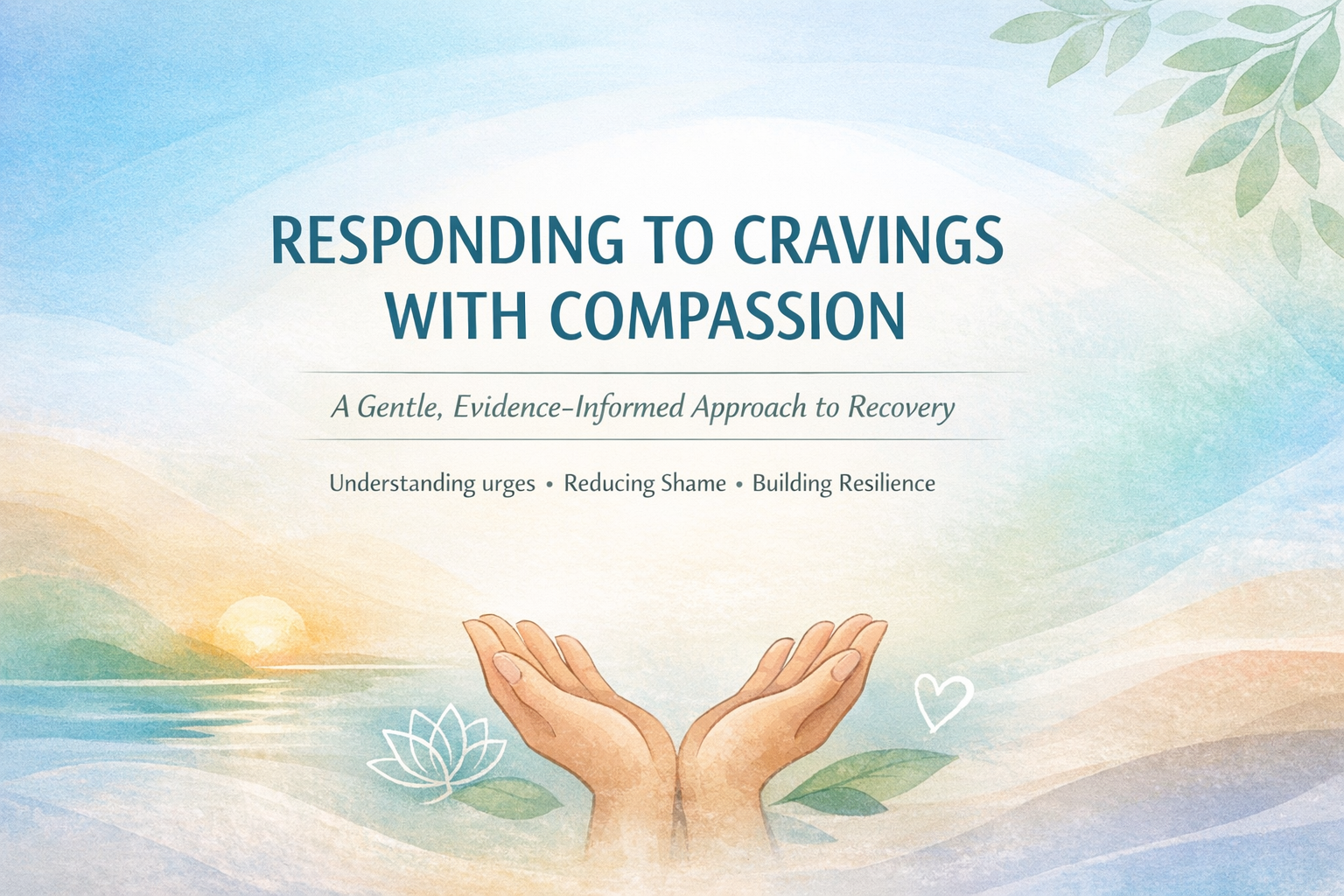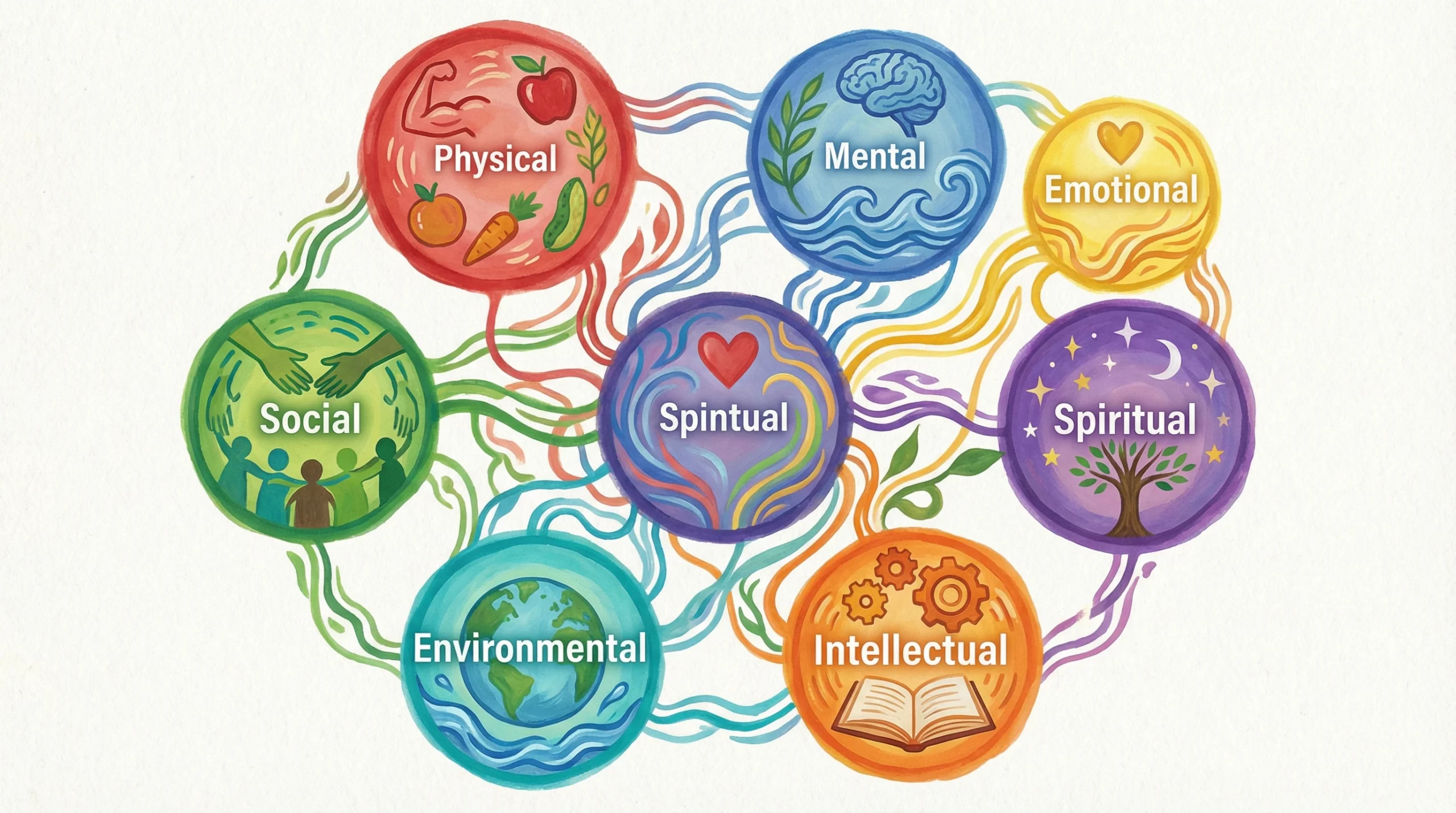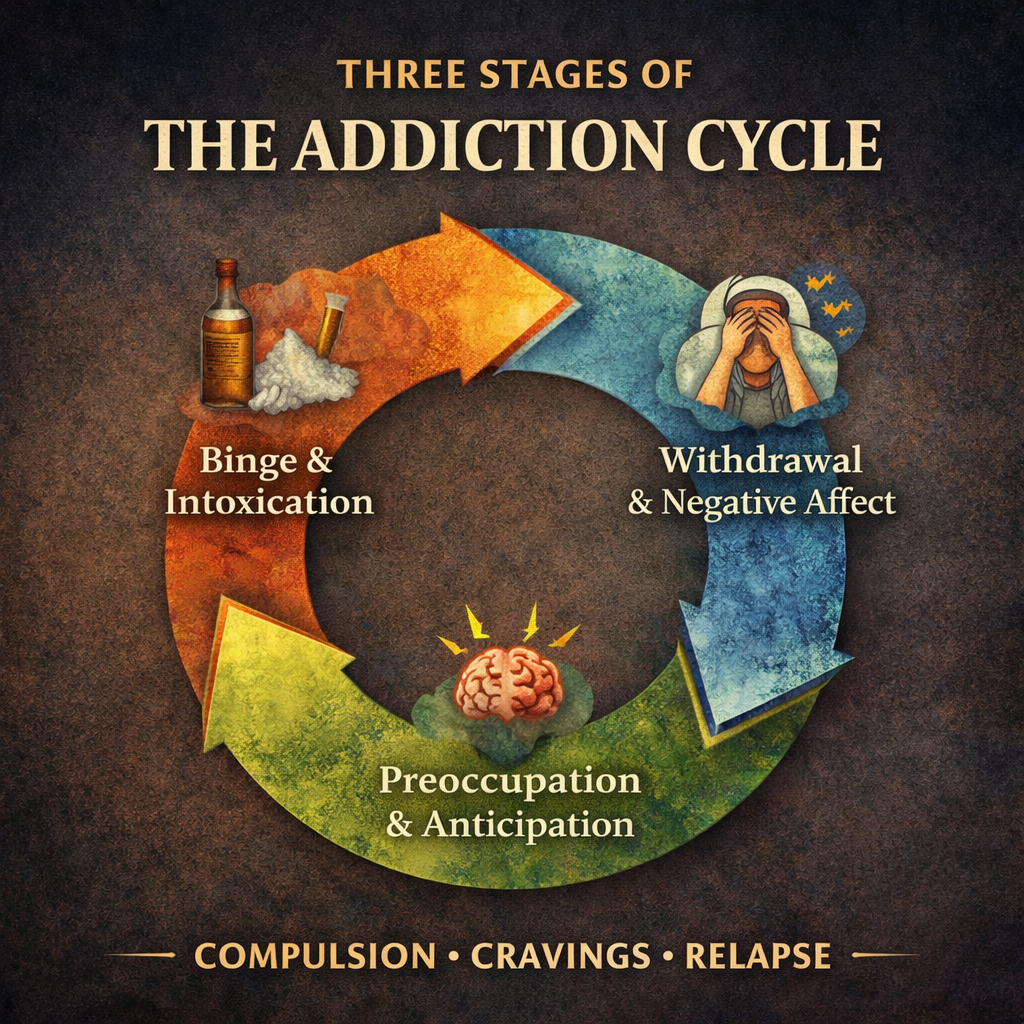Life Skills in Addiction Recovery
Life skills are a cornerstone of effective addiction recovery, shaping how individuals manage daily challenges, relationships, and long-term goals without returning to substance use. Addiction often disrupts the development or consistent use of essential skills such as emotional regulation, decision-making, communication, and problem-solving. Recovery, therefore, is not only about stopping substance use but about rebuilding … Read more
